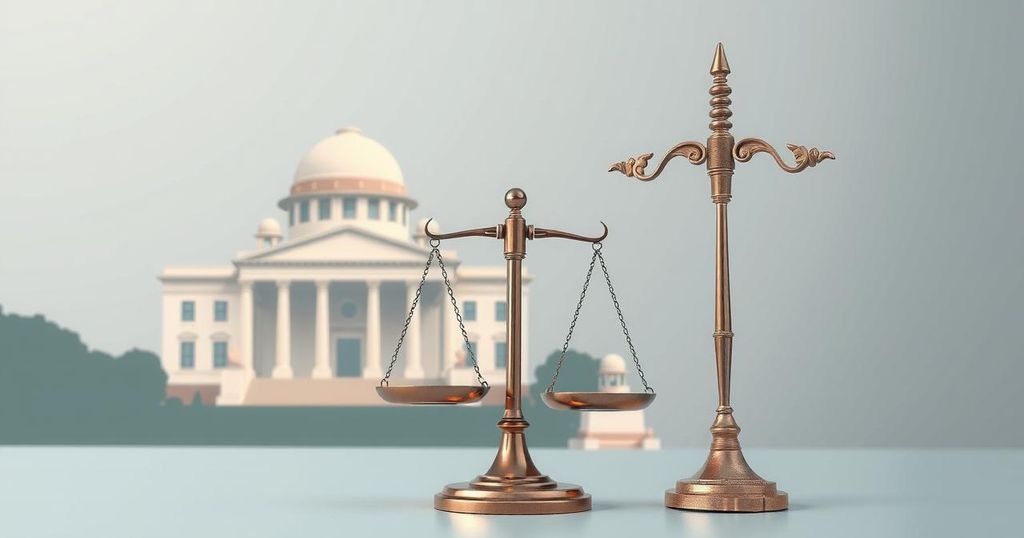Overview of Togo’s Controversial 2024 Constitutional Reform

Togo’s 2024 constitutional reform shifting from a presidential to a parliamentary system has generated significant political dissent, with opposition leaders claiming it constitutes a constitutional coup. Proponents from the ruling party assert that the changes promote democratic involvement. This contentious reform will have lasting implications for Togo’s governance and democratic structure.
Togo is facing significant political turmoil following its 2024 constitutional reform, which transitions the governance structure from a presidential system to a parliamentary one. In this new paradigm, the head of state will be elected by lawmakers rather than the populace, prompting widespread accusations of a potential constitutional coup and fears regarding the deterioration of democratic practices in the nation.
The proposed changes have provoked strong criticisms from various political leaders and civil society groups. Jean-Pierre Fabre, President of the National Alliance for Change, characterized the reform as a blatant infringement of constitutional guidelines, emphasizing that it contradicts Articles 52 and 59 of the current constitution. He stated, “Enough is enough, it’s over. We’re going to fight.”
David Dosseh, the spokesperson for the Front Citoyen Togo Debout, condemned the constitutional amendment as akin to a coup d’état. He asserted, “Today, there’s a constitutional coup d’état taking place with impunity in Togo. But this time, we’re not going to accept it.” This sentiment was echoed by Brigitte Kafui Adjamagbo-Johnson, a leading figure in the opposition coalition, who declared a lack of recognition for the constitution should reform proceed.
In stark contrast, members of the ruling Union for the Republic (UNIR) party have defended the constitutional amendment, arguing it fosters greater democratic involvement. Kouméalo Anaté, a representative of UNIR, remarked, “Togo has just opened a new page in its march towards a country that is, shall we say, an even more inclusive and participatory democracy.”
Additionally, Sénou Soklingbé, the Vice President of the UNIR parliamentary group, assured critics that the reform is not intended to extend the President’s tenure indefinitely. He clarified, “No one can say that everything is done to ensure that the President of the Republic, if he were to become the President of the Council tomorrow, remains indefinitely in power.”
The situation in Togo remains tense as discussions on constitutional reform evolve, with the actions of both the government and the opposition shaping the nation’s political future significantly. The proposed changes highlight a critical juncture for Togo’s democracy as it grapples with contested governance.
The 2024 constitutional reform in Togo has ignited major political contention, with significant pushback from the opposition and civil society groups. Critics denounce the shift to a parliamentary system as a breach of constitutional norms, whereas the ruling party defends it as a step towards enhanced democratic engagement. The ongoing debate signifies a pivotal moment for Togo’s democratic integrity and governance.
Original Source: globalsouthworld.com







